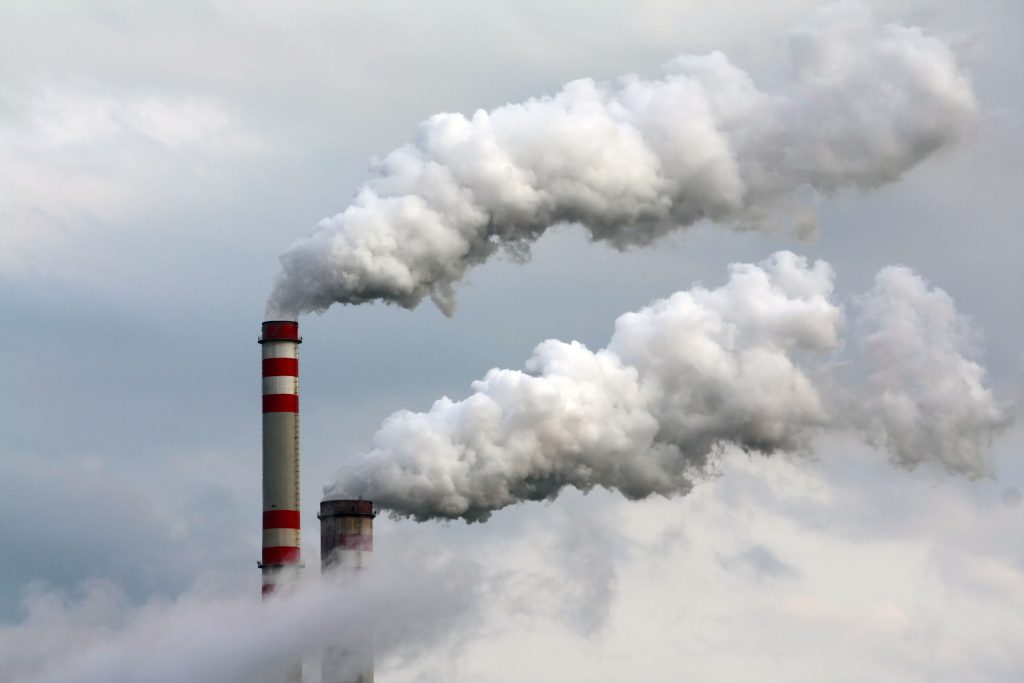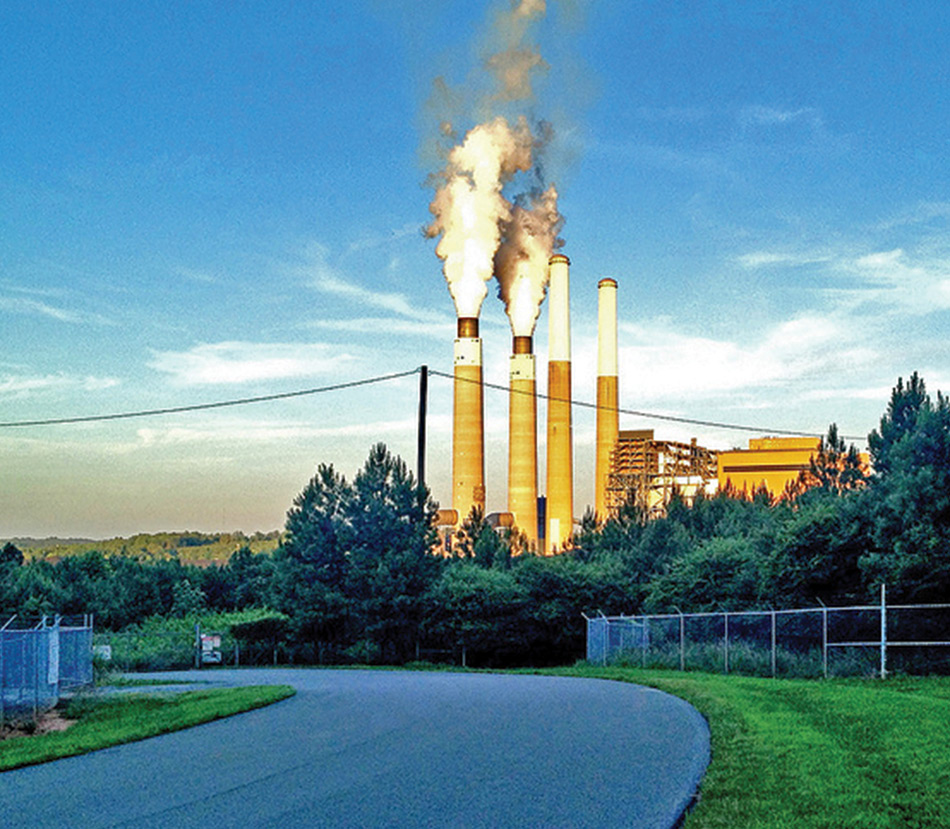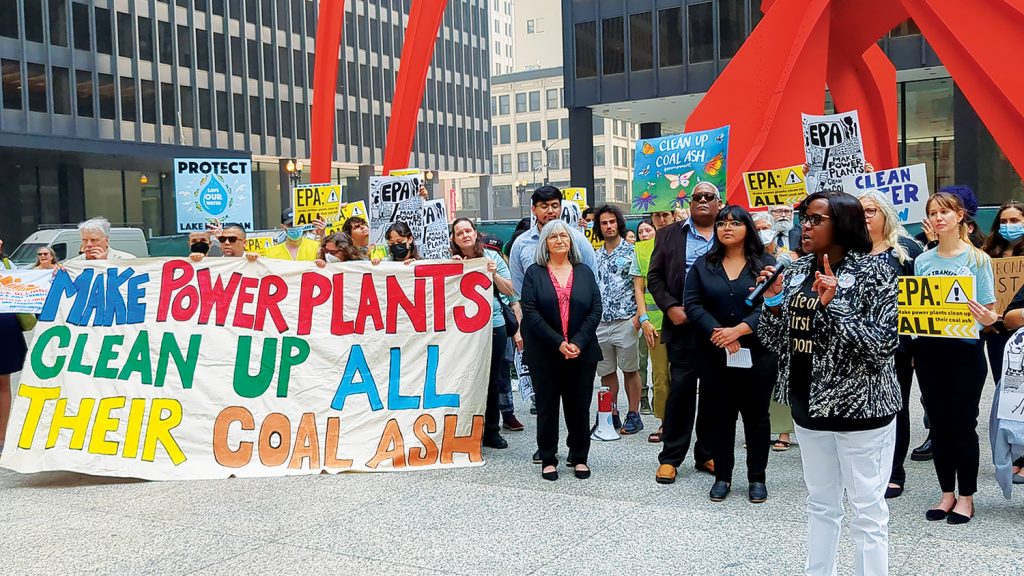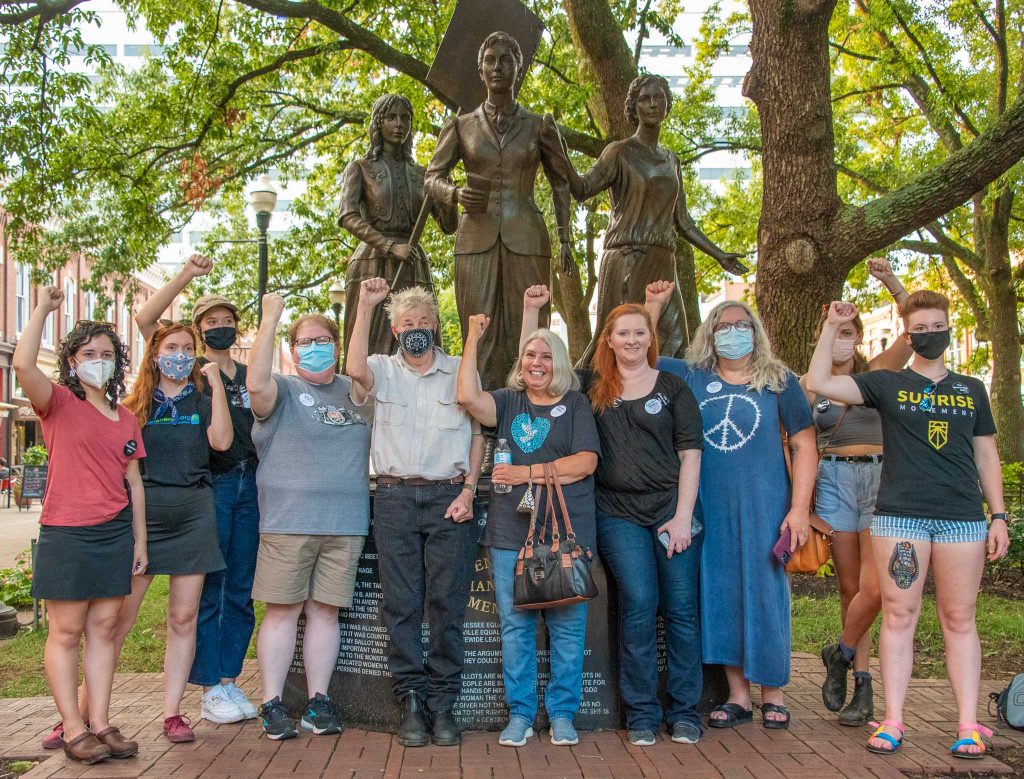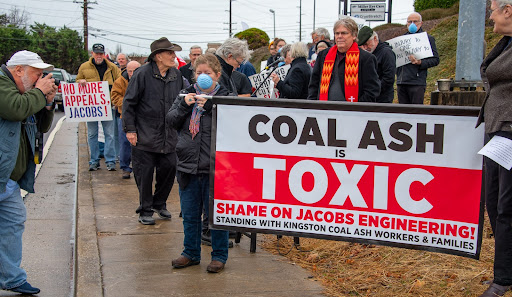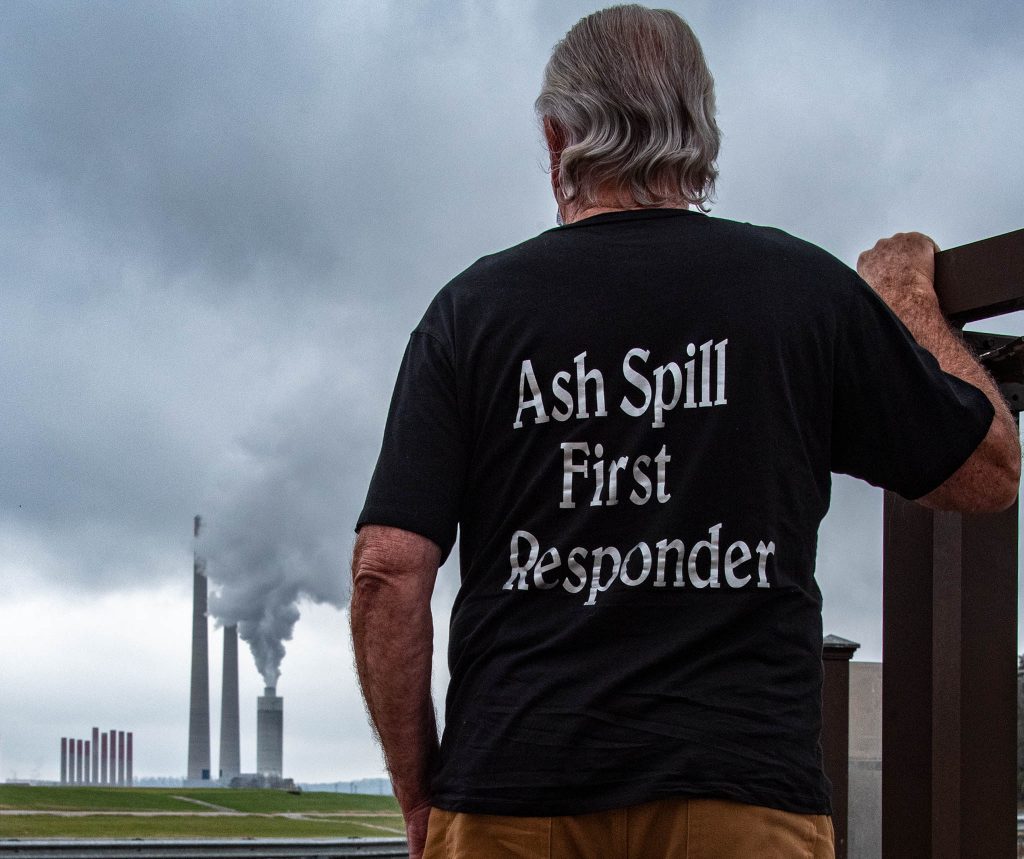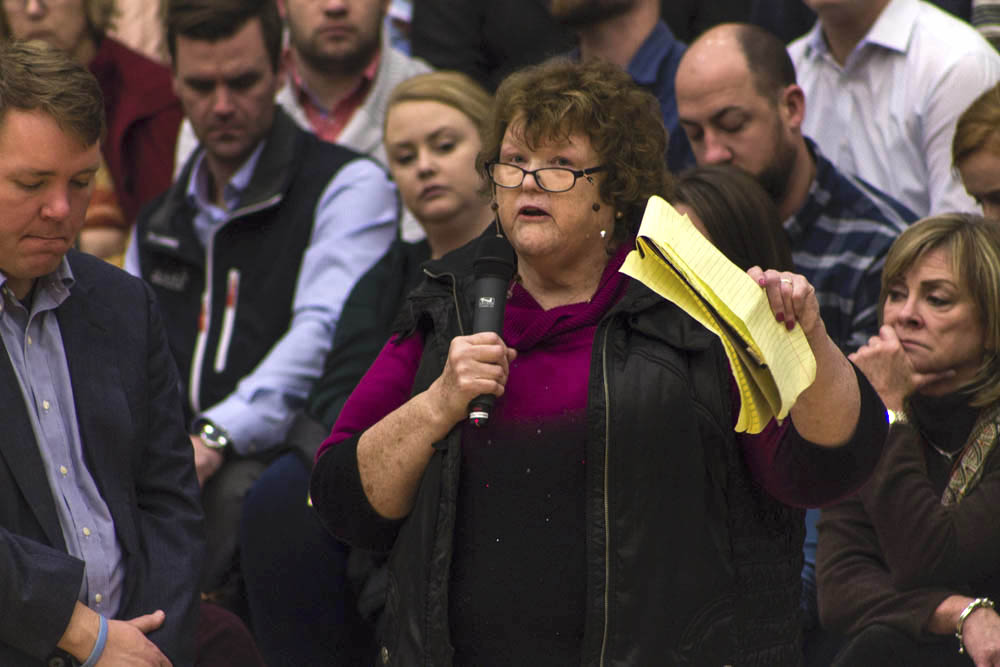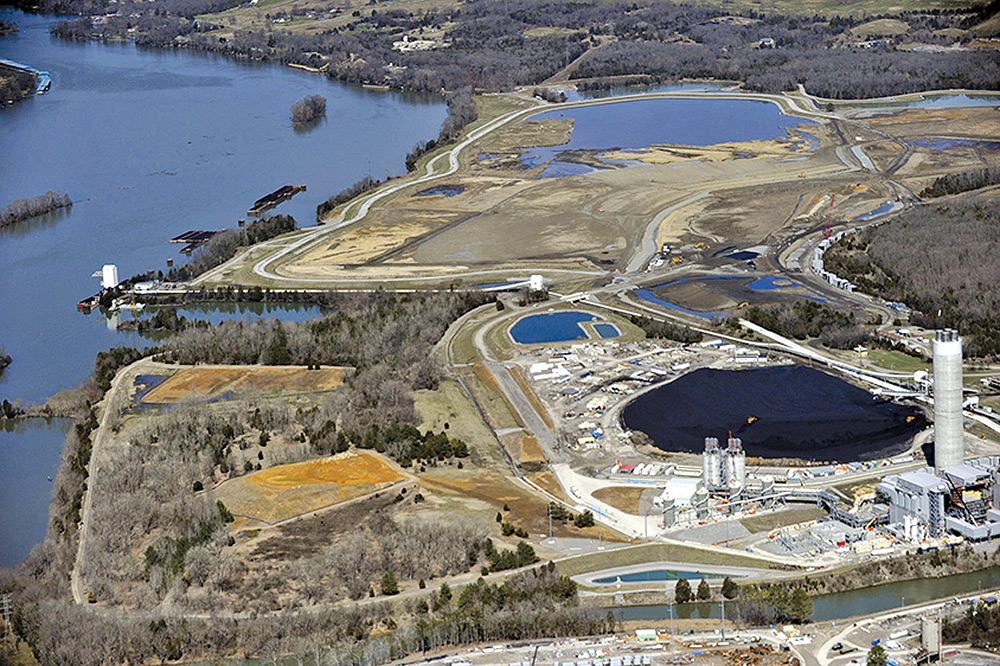Posts Tagged ‘coal ash cleanup’
EPA announces rollback of decades’ worth of regulations
On March 12, the U.S. Environmental Protection Agency announced what it called the “biggest deregulatory action in U.S. history,” a rollback of dozens of important environmental health protections that will put communities across the nation at risk and let polluters go wild.
Read MoreIn “Valley so Low,” an environmental disaster creates a crisis for cleanup workers – and restitution proves elusive
“Valley So Low” explores 15 years of harm to the workers who cleaned up the Kingston Coal Ash Spill and their pursuit of justice.
Read MoreNew limits on power plant emissions and new community protections should prompt utilities to turn to reliable, affordable renewable energy
Today, the U.S. Environmental Protection Agency released a suite of new rules to limit a range of harmful pollutants from power plants, protecting the climate and human health, and pushing utilities toward cleaner, more reliable ways to meet energy demand, including investments in renewable energy and energy efficiency.
Read MoreEPA Seeks Update to Coal Ash Cleanup Requirements
A proposed new rule for coal ash cleanup aims to protect the communities and the environment.
Read MoreNo Easy Answers on Coal Ash Cleanup
To protect groundwater and community health, coal ash ponds must be cleaned up. But, as communities in Tennessee have learned, safely removing the toxic waste brings its own set of challenges.
Read MoreWe won’t give up on justice for the Kingston coal ash workers
Hundreds of workers who helped clean up after the massive Kingston Fossil Plant coal ash spill have gotten sick and dozens have died. A hearing before the Tennessee Supreme Court was the latest stop in the ongoing battle for justice.
Read MoreFight like hell for the living: Honoring Kingston coal ash workers
Twelve years after the Kingston coal ash spill, hundreds of cleanup workers are sick with lung diseases, blood and brain cancers and other ailments, and families report that as many as 53 workers have died from their exposure to the toxic Kingston coal ash.
Read MoreCoal Ash Cleanup: Three States See Major Developments
North Carolina holds meetings on coal ash cleanup in the state. Tennessee workers who are sick after cleaning up TVA’s 2008 coal ash disaster seek resolution. Virginia moves closer to requiring Dominion Energy to relocate its toxic coal ash.
Read MoreFive years after Dan River: Coal ash in N.C.
The Dan River coal ash spill sparked a flurry of coal ash cleanup legislation, public hearings, community meetings and more across North Carolina. But where does coal ash stand in the state now?
Read MoreEnvironmental Protection Agency Aims to Deregulate Coal Ash
The Trump administration’s proposal to roll back federal coal ash safeguards gives more leeway to states — and advocates worry that would put drinking water at risk.
Read More
